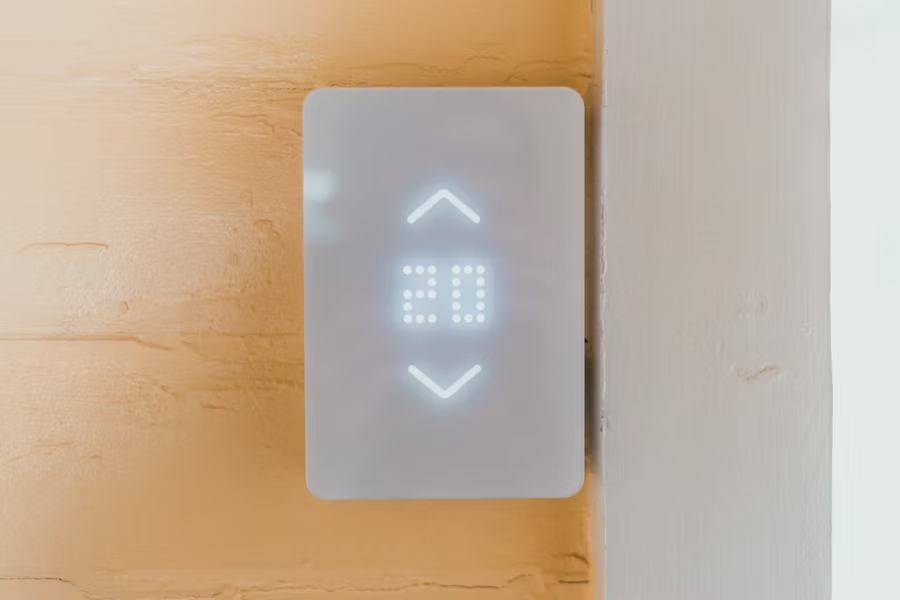
Wondering how battery storage can help reduce reliance on the Grid, maximise the value of your solar panels (if you have them installed), lower your electricity bills, and improve your overall energy security? Read on to find out!
Right now, the UK’s energy prices are volatile, and there’s no clear sign of when they’ll stabilise. In response, more homeowners are looking for smarter ways to control energy usage and avoid peak-time costs.
Home battery storage offers a powerful solution. It allows homeowners to store electricity during off-peak hours—when energy is cheaper—and use it during expensive peak periods, provided you have a time-of-use (TOU) tariff (and there are plenty of great options available).
This flexibility helps reduce electricity bills and lowers reliance on expensive grid electricity at peak times.
A home battery system is a long-term investment that can deliver consistent savings.
For a typical UK three-bedroom home, battery storage can reduce annual electricity costs by an average of ~£150–£400, depending on your energy usage, system size, and tariff structure.
Figures are indicative averages based on typical household consumption and battery performance. Actual results may vary depending on usage patterns, local climate, and energy tariffs.
Want to boost your savings even further? Combine battery storage with solar panels. This allows you to generate and store your own renewable energy—maximising self-consumption and making you even less dependent on the National Grid.
Off-peak electricity can be up to 50% cheaper than standard daytime rates. Storing energy during those low-cost hours means you can reduce your electricity costs without changing your lifestyle.
Many UK suppliers now offer smart or "time-of-use" tariffs, which allow battery owners to charge their systems at night when prices drop and use the stored energy when rates spike. It’s simple, efficient—and saves money.
Modern battery systems also integrate with smart apps, allowing homeowners to track usage, monitor savings, and automate charging for even greater efficiency.
To encourage battery adoption, the UK Government offers a number of incentives:
These incentives, combined with lower running costs and long-term bill reduction, make battery storage a smart, future-ready choice for UK households.
A battery-only system typically costs between £4,000–£6,000. With annual savings of up to £400, payback periods typically range from 10 to 15 years.
When paired with solar panels, the payback period can be shorter—since you're using more of your own energy rather than buying from the Grid.
Over a 20-year period, a battery system could deliver £3,000–£8,000 in savings. Just bear in mind that performance can decline slightly over time, as battery capacity naturally reduces with usage cycles.
As energy prices continue to fluctuate, battery storage provides greater stability, independence, and long-term savings.
Want to see how it could work for you? Go to Thermly to learn more about how batteries could specifically benefit you and your home.
Have questions? Reach out to us at 0800 029 3129 or enquiries@thermly.co.uk — we’re always happy to help.
Before you set up your account and continue your journey to a futureproofed home, just follow the links.